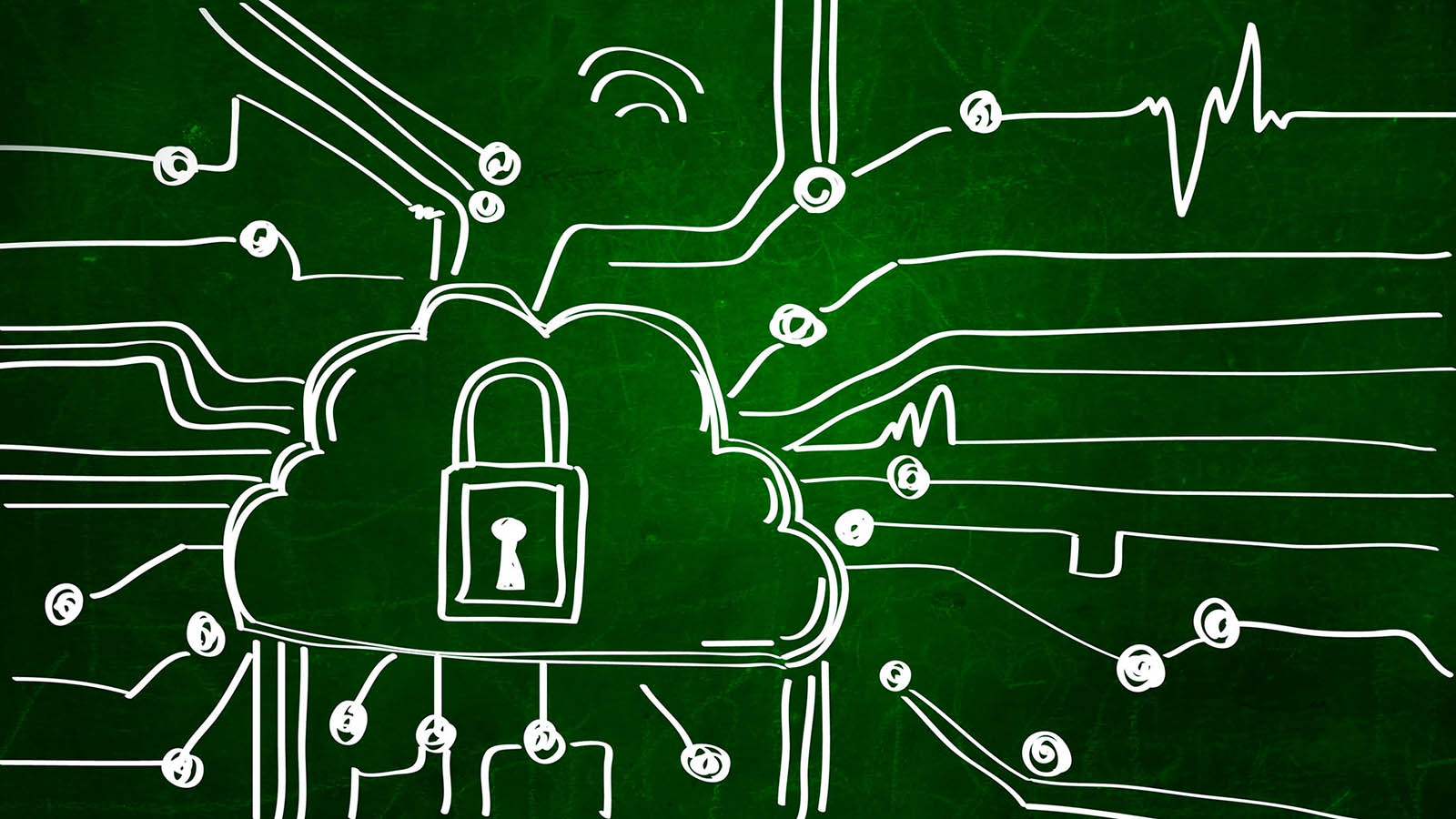IRS Websites for Processing Economic Impact Payments May Open the Door to Fraud
This week, the IRS will begin depositing rebates in bank accounts of eligible taxpayers as part of the stimulus program called Economic Impact Payments. The IRS will use direct deposit information from the taxpayer’s 2019 tax returns, or 2018 returns if taxpayers haven’t yet filed returns for 2019.
The IRS is under significant pressure to distribute rebate payments to individuals and families as quickly as possible. To allow taxpayers to receive payments more quickly by updating their direct deposit information, the U.S. Treasury and the IRS announced on April 10 that they have developed a web application called “Get My Payment”. Taxpayers can also track the status of their payments on this site. The free “Get My Payment” web application should be available this week.
Those who did not file income taxes in 2018 or 2019 can provide information on a new IRS portal to instruct the IRS on how to distribute their payment.
Potential for Fraud
The situation is ripe for fraud, particularly in the case of non-filers providing personal data to the new IRS portal. Noted cybersecurity journalist Brian Krebs, in an April 10 article, said of the new IRS portal, “the possibility that fraudsters may intercept payments seems very real, given the relatively lax identification requirements of this non-filer portal and the high incidence of tax refund fraud in years past.” He continues, “fraudsters would simply need to identify the personal information for a pool of Americans who don’t normally file tax returns, which may well include a large number of people who are disabled, poor or simply do not have easy access to a computer or the Internet.”
What to Do
This statement on the IRS website reminds taxpayers to avoid scams related to economic impact payments:
“The IRS urges taxpayers to be on the lookout for scam artists trying to use the economic impact payments as cover for schemes to steal personal information and money. Remember, the IRS will not call, text you, email you or contact you on social media asking for personal or bank account information – even related to the economic impact payments. Also, watch out for emails with attachments or links claiming to have special information about economic impact payments or refunds.”
This is sound advice – taxpayers would be wise to be very skeptical towards any messages or inquiries they receive about these payments. Always go to the official Get My Payment application to track the status of your payment – do not click on links in email messages and attempt to login that way. The IRS also issued a more extensive warning about economic impact payments and fraud schemes back on March 31. We recommend that non-filers take action immediately to register their information with the IRS using the website provided, including choosing a non-obvious PIN. This will help ensure that fraudsters are not able to take control of your economic impact payment.
Find out more here about how an IRS PIN number program can help protect your tax information from fraud. To learn more about cybersecurity fraud during this uncertain time, contact a Weaver professional.
© 2020
